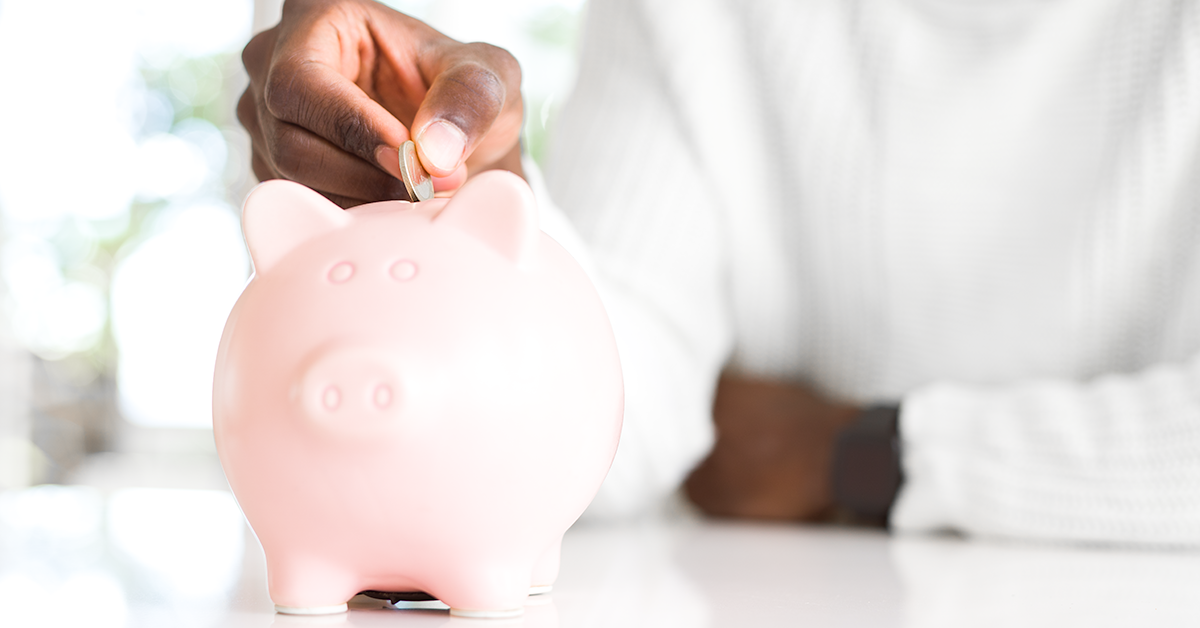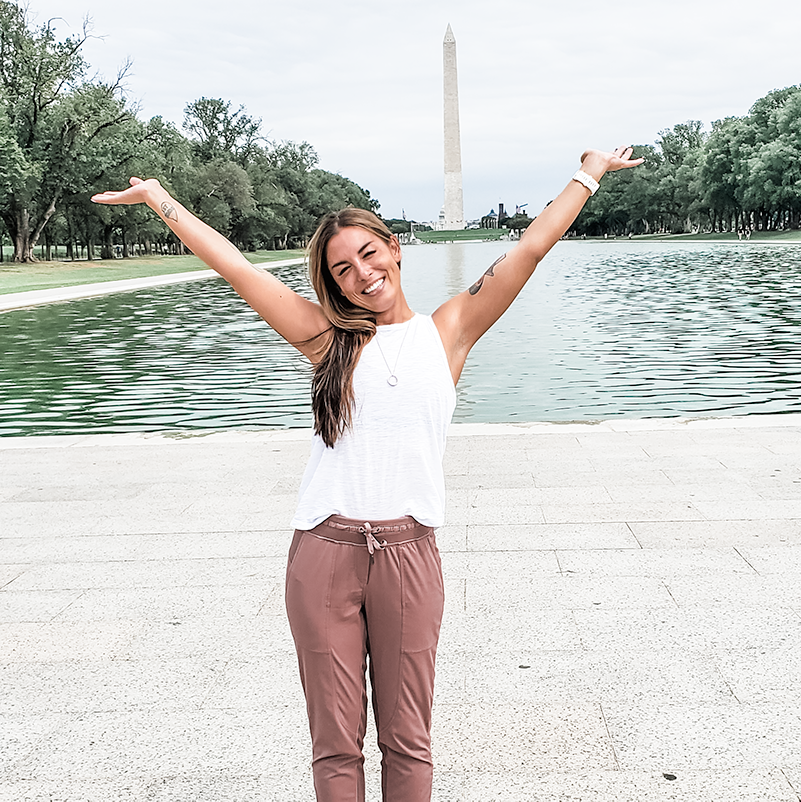
Just because someone has a large house, luxury vehicle, and brand name clothes, doesn’t mean they don’t have money worries.
It sounds like it shouldn’t happen. If someone has plenty of material possessions, shouldn’t it imply that they’re also prepared for most financial scenarios? Not necessarily.

There are many families that are asset-rich but cash-poor. Another common phrase is “house-rich, cash-poor.” In these situations, the majority of wealth is tied up in assets such as a house or investment properties. When a large proportion of total income is tied up in assets, there may be trouble meeting other financial obligations, especially in an emergency situation. This is what it means to be “cash poor.”
What are the Dangers of Being Cash Poor?
On the one hand, assets are the wealth that you own. On the other hand, cash is the wealth that you have readily available to spend.
These are not necessarily the same things, which is why it’s possible to be “house-rich, cash-poor.”
For example, if you pay off a $200,000 home but have nothing left in your bank account, then your net worth is $200,000 (assuming no other assets). Without anything in checking or savings, then you have nothing to spend, hence the “cash poor.”
It is important to note that this is not an argument against paying off your mortgage! It is critical to your financial health to stay on top of your payments and financial obligations. However, it is also important to consider your cash flow when planning your budget. There’s a reason some experts say, “Cash is king!”
Here are just some of the dangers of being cash-poor:
- Employment situations can change overnight. In 2020 alone, we’ve seen millions of American unemployed through no fault of their own. Even if you are an excellent employee and contribute considerably to your company, there are always circumstances outside of your control. Few things are more panic-inducing than being cash poor and then suddenly finding yourself out of work.
- There are no guarantees of selling your home quickly. One of the mistakes of the “asset rich, cash poor” mindset is the idea that you can always liquidate real estate assets. However, it can take months or even years in bad markets to sell your home. Can you borrow from home equity? Technically, yes, but there are also strict requirements, such as having sufficient income. If you need to borrow against your home because of economic hardship due to job loss, the lenders may not approve your application.
- The stock market might be down when you need it. Another place where investors have money tied up is in the stock market. Yes, you should definitely consider investing, especially when preparing for retirement! However, if you unexpectedly need to liquidate your assets, it is likely due to an emergency situation such as job loss. If employers are laying off workers due to economic uncertainty, then there’s no guarantee that the stock market will be in a good place when you need to liquidate.
These are just some of the dangers of being cash poor.

Fortunately, no matter what your financial situation is today, you can always take practical steps to improve your financial health for tomorrow!
Saving is Key to Solid Financial Health
Having adequate savings is key to avoid the pitfalls of being cash poor. Not only will you be ready for emergency situations, but you will also find that you have more peace of mind in your day to day life.
So that raises the question: what should you look for in a savings account?
- Good interest rates. Premier savings accounts can offer up to 0.45% interest APY. This is important because your money will keep growing, even if just to keep up with inflation. When it comes to emergency funds or saving for planned expenditures, savings accounts are generally safer and more accessible than the stock market.
- Ease of accessing funds. If you’re saving for unexpected emergencies, then you want to ensure that you are able to access the cash as quickly as possible. A good savings account vehicle will offer free electronic banking transfers (ACH), outgoing wire transfers, or checks via snail mail.
- Clear requirements. In order to qualify for the highest interest rate, most banks will require you to meet specific requirements. Are these requirements clear without any fine print? Do you need to maintain a minimum balance? Or do you need to remain active every month? Make sure that you clearly understand the expectations in order to enjoy the highest interest rate possible!
One place to keep hard-earned money is CIT Savings Builder. It is important to save for you and your family, but it is equally important to store your money in a bank that you trust. This is just one step you can take to improve your financial position and to avoid being “cash-poor.”
It All Comes Down to Your Budget
The best way to avoid becoming house-poor or cash-poor is to thoroughly know your budget. Do you keep track of your monthly expenses and income? Do you know how much you can afford? Is there a plan or savings fund for emergency situations?

One of the great things about creating a written budget (or using the envelope system!) is that you can play around with different numbers. When everything is documented, you can see exactly where your money is going and identify areas for improvement. A thorough budget also makes it easier to plan for the future. Whether you are buying a new home or planning for a much-needed vacation, a budget will make these major expenses manageable.
If you are asset-rich but cash-poor, please do not fret! Being rich in anything is a good thing! However, it is important to remember that balance is key. Try to avoid strengthening one area of your financial health (assets) at the expense of another area (cash). Keeping track of your budget will help you identify these imbalances so that you can prepare for a better, healthier financial future!

